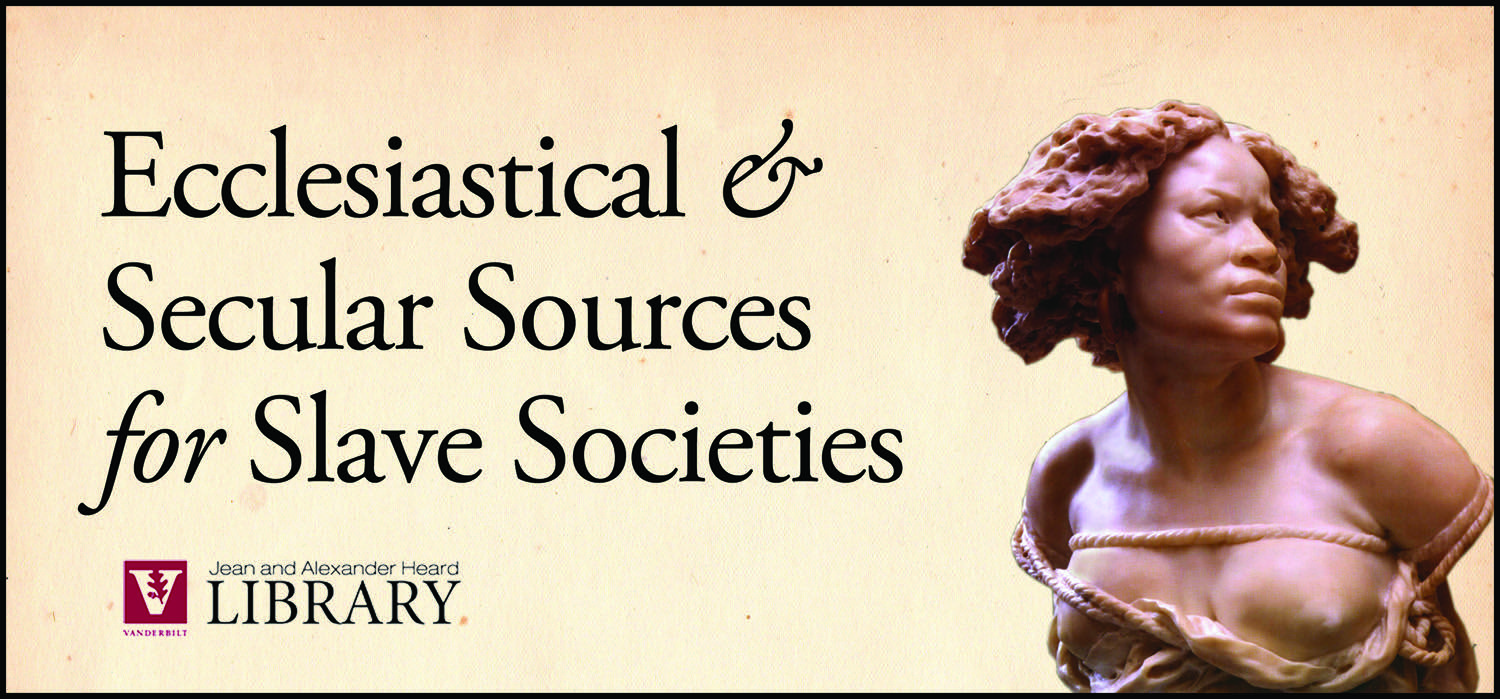A Decade in Digital: Collaborations with the ESSSS Digital Archive
Hello Everyone,
I’m Angela Sutton, one of the postdoctoral fellows at the Digital Humanities Center here at Vanderbilt. I also have the privilege of working with the brand-new office of the digital archive of Ecclesiastical and Secular Sources for Slave Societies (ESSSS), right around the corner in Buttrick 341. The archive holds over 600,000 unique images of 16th-19th century documents from Cuba, Brazil, Colombia and Spanish Florida, each one collected by an international team of dedicated researchers around the world. A large part of my working day is spent nurturing the symbiotic relationship between the archive and the center, as well as the other departments, centers, and library staff who contribute to the success and longevity of our project.
Speaking of longevity, this afternoon the ESSSS team and I will be presenting at the Digital Humanities Colloquium to mark the growth and exciting new digital developments we have fostered while working with the archive for over 10 Years. Our roundtable talk, titled A Decade of Digital Humanities at Vanderbilt: Roundtable Discussion of the Ecclesiastical and Secular Sources for Slave Societies Digital Archive, will allow us to highlight the amount of trans-institutional collaboration, skill-sharing, and graduate training that goes into an endeavor such as this one. This dynamism allows us to preserve the history of between 4-6 million (this is a conservative estimate) Africans and their descendants in the Americas, making their stories widely accessible for the first time. As a bonus, those of you who can make it will hear from which countries the digital archive’s next sets of documents originate.
Next month, the ESSSS team will work together again with the Digital Humanities center to offer a workshop in SobekCM and PHP for graduate students. Sobek is an open-source software engine which is designed specifically for content management in digital repositories. After hearing about the successes experienced by the University of Florida Digital Collections and the Digital Library of the Caribbean using Sobek to curate their archival material, our team decided to upgrade our decade-old system with it. Through generous funding from the NEH, ACLS/Mellon, and Vanderbilt University, this upgrade is now a reality. The advantages are enhanced user friendliness for ease of research, greater interoperability with other archives, repositories, and gazetteers, and a more sustainable and responsible way of sharing our data with the world. In the workshop, we will teach graduate students a variety of skills needed to work in the archive, including some basic PHP coding. They will also learn how to use the METS editor to enhance the archive’s metadata, and where and why these transferable skills will be useful outside of the ESSSS context.
The third project to come out of collaboration between ESSSS and the Digital Humanities Center this semester is the ongoing DH Writing Group, which meets every other Monday at the DH center. Rebecca Panter and I organize this group of fearless writers to create a place for faculty and graduate students to explore the nuances of writing and the digital humanities. We offer accountability and also constructive critique as we write up our digital projects separately but together in discipline-specific journals, or for a more DH-centered audience. I think the draw of the group is how each project is guided by the collective knowledge of a team of digital humanists.
In short, the team at ESSSS is thrilled to have a Digital Humanities center here at Vanderbilt to foster the collaboration that is intrinsic to our trans-disciplinary, international archive. We are already experiencing the benefits of having more and easier access to a community of digital humanists who, before the center was even a gleam in Vanderbilt’s eye, have together supported our passion for historical preservation, and helped our project team move closer toward our vision for the ESSSS archive. We look forward to a long and fruitful relationship that allows us each to expand, evolve, and continue to serve the digital humanities community.
Save
Save


Leave a Response
You must be logged in to post a comment